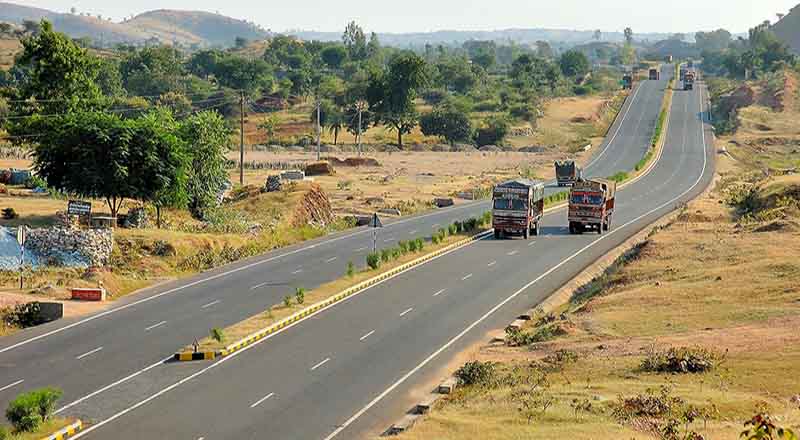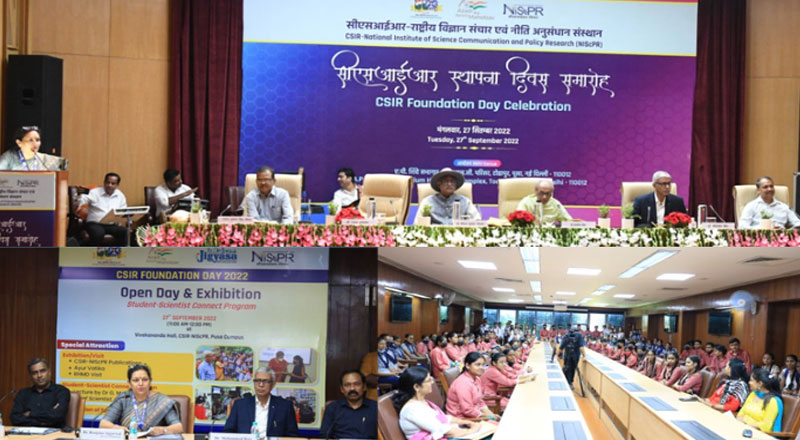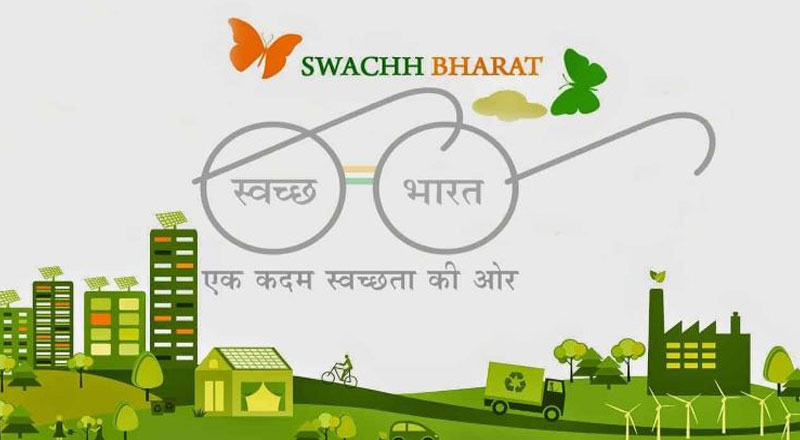The COVID-19 pandemic has turned out to be the biggest global crisis of this century. It has led to an unprecedented situation where not only daily lives are disrupted but have come to a standstill in most countries. India is no exception.
The pandemic-induced lockdown has made us realize that India as a nation has been able to manage through critical times like these because of its vast network of national highways. Of course the government, law-enforcing agencies and other authorities have played an important role in the process but the significance of national highways deserves a special mention.
India has been able to contain the spread of the disease and its impact to manageable level so far. One of the authorities that played a key role amongst all is National Highways Authority of India (NHAI) which continued to function even during the lockdown to ensure seamless movement of essential items and medical services across the country. National Highways came to our rescue when even the airline and railway services were halted owing to Covid-19 spread and proved to be our lifeline during such stressed times.
It is vital to highlight the fact that these highways are not just roads (made of concrete or bitumens) but ‘growth corridors’ in reality that connects people, culture and markets resulting in social, cultural and economic upliftment of the country. Considering the fact that air and railway services will function in restricted capacity in the post-lockdown phase, national highways become all the more important for mobility of manpower, food and essential services. Ultimately, it is the road network that plays an important role in providing last mile connectivity.
NHAI is committed to provide safer and smoother journey on highways. As India readies to battle her economic battles in the post-Covid19 era, NHAI will continue to work in the background in order to serve the nation by expanding and developing its highway infrastructure. NHAI has developed over 38,000 km of National Highways so far in the country.





